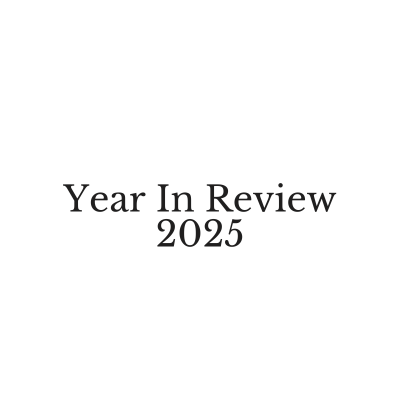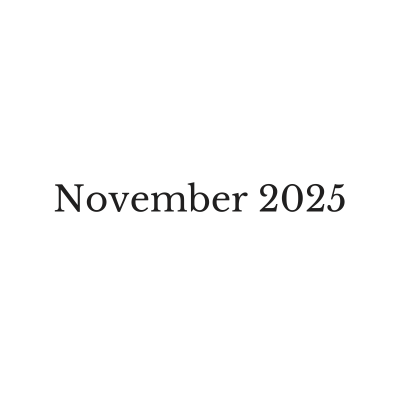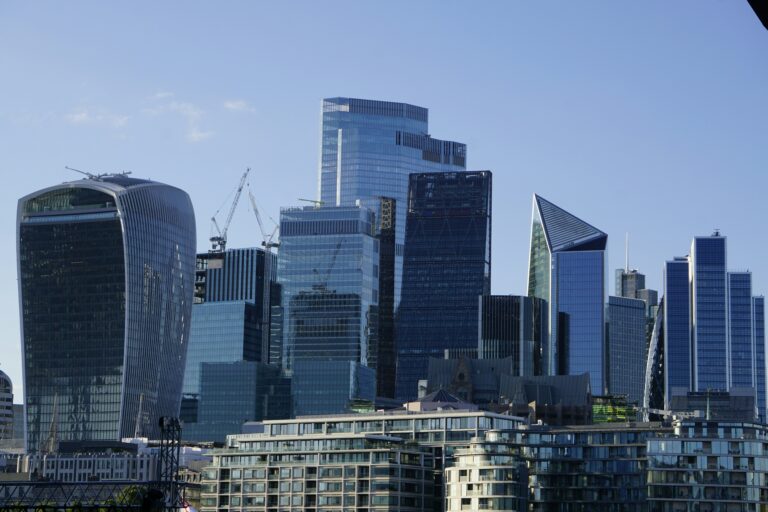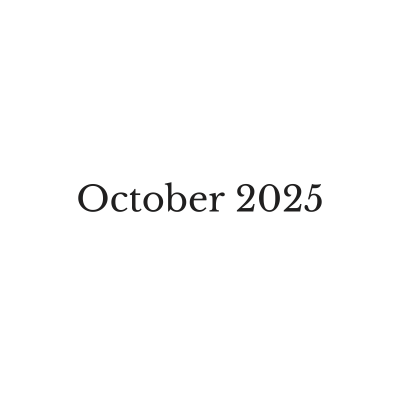November Review 2024
US
Donald Trump won the United States presidential election which took place on November 5th . His victory boosted the US stock market to new all-time highs as the S&P500 Index surpassed the 6000-mark for the first time ever, locking in a near 6% gain by the end of the month. Trump made it clear throughout his campaign that tariffs would be on the cards for any businesses that do not conform to his America-first ideology, and that deregulation of cryptocurrency would open new frontiers in the financial markets.
Trump’s nominees for his administration also had far-reaching consequences across the market. The appointment of Robert F Kennedy Jr as Secretary of Health and Human Services saw shares in vaccine linked pharmaceutical manufacturers slide after he stated that he wants to improve the science on vaccine safety which he believes has “huge deficits”. Shares in jab-maker Pfizer fell by 10% in the week following the election of the vaccine sceptic.
The Federal Reserve opted to lower interest rates by a further 25 basis points from 5% down to 4.75% at its meeting on November 7th. US consumer prices rose by 0.2%, aligning with forecasts, bringing annual inflation to 2.6%. While this figure remains within the Federal Reserve’s target range, persistent underlying price pressures have shown no sign of abating heading into December with a further rise of 0.1% to 2.7% expected on December 11th. The rise will influence the Fed’s approach to rate cuts, potentially delaying easing to avoid re-igniting inflationary trends.
UK
The Bank of England also cut interest rates by an additional 25 basis points from 5% to 4.75% on November 7th, matching the Fed’s decision. The FTSE 100 saw a volatile month in November. Speculation surrounding the impact of the US election during the first two weeks saw the index fall by 150 points from 8175 on November 1st to 8025 on November 12th, followed by a 3% 265-point rally in the latter two weeks to 8290 on November 25th before closing the month out at a net gain of 1.35%. Annualised consumer prices rose 0.1% more than expected to 2.3% from 1.7%. The Bank of England maintains an inflation containment mandate and rising prices will delay interest rate cuts or possibly lead to future interest rate hikes should they persist.
Europe
Weak economic data continued rolling out across the Eurozone. Both the services and manufacturing purchasing managers index figures showed contraction, with the flash Hamburg Commercial Bank composite PMI falling to a 10-month low of 48.1.
The German coalition government collapsed on November 6th following Donald Trump’s election victory. Chancellor Olaf Scholz sacked his key Finance Minister Christian Lindner and said he would call a vote of no confidence in his government early next year. President Frank-Walter Steinmeier called for common sense to prevail. Steinmeier said he was prepared to dissolve parliament and call early elections if the Chancellor lost a vote.
Towards the end of November, simmering tension in the French government threatened to boil-over after opposition parties tabled a motion of no-confidence in Prime Minister Michel Barnier after he controversially used special powers to force through his budget without a parliamentary vote after failing to win enough support for his measures. Macron sought to pull together his government before hosting world leaders in December for the reopening of Notre-Dame cathedral.
Equity Markets
NVIDIA’s highly anticipated earnings call on November 20th was the final release for the Magnificent 7 in 2024. Figures exceeded Wall Street expectations, reporting revenue of $35.08 bln vs $33.2 bln forecast. This marked a 94% increase in revenue from the $13.5 bln reported a year prior, highlighting the continued rapid growth in the AI sector throughout 2024.
The price of Bitcoin rose by 40% in the 10 days following the US election surpassing $90,000 on November 14th driving a bull rally in BTC-linked equities such as MicroStrategy, CleanSpark and Coinbase.
The FTSE100 remained a target for takeover bids and mergers throughout November. Aviva agreed to buy Direct Line Group in a £3.6 bln cash-and-stock deal to create the UK’s largest home and motor insurer. Vodafone and Three moved a step closer to a merger after the Competition and Markets Authority told the companies a 5G rollout could alleviate competition concerns.
China-exposed Schroders slid 12% after reporting £2.3 bln of third quarter outflows following ongoing market volatility.
Commodity Market
Gold prices unwound following the US election from an all-time high of $2,792.70 /oz on October 30th to $2,542 /oz on November 14th before climbing back 4% to close out the month at $2,650 /oz. President-elect Donald Trump’s relationship with Putin was in focus, as he led calls to end the war in Ukraine and begin peace negotiations immediately, ruffling feathers across the EU.
Brent crude prices fell by 1.75% from $73 /bbl on October 31st to $71.7 on November 29th. Negotiations between Saudi Arabia and its OPEC+ partners remained underway leading into December as timeframes for further delays to scheduled production increases were decided in order to prevent flooding the market. Any future tightening of sanctions on Iran’s crude exports by the incoming Trump administration remain a threat moving into the New Year.
If you are interested in discussing your options, please contact the desk on 0207 466 5665.





